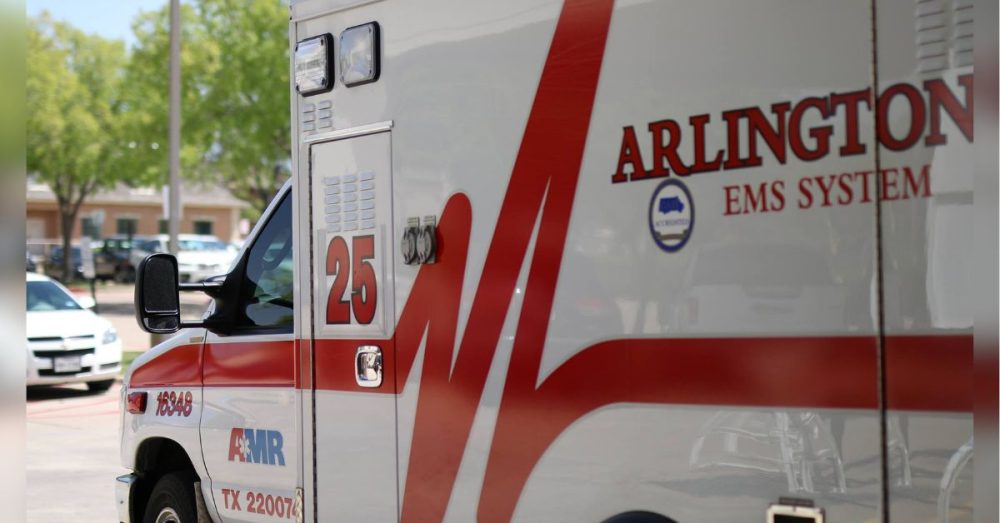Ambulance service rates in Arlington were up 15% in June, with inflation and rising operational costs to blame.
According to a contract approved in 2018 between the American Medical Response (AMR) and the City of Arlington, as well as subsequent amendments, the average cost for an ambulance cannot be more than 3% over $1,896.65 — up more than $300 from a year ago, reported KERA News.
The contract states that AMR can request a 5% annual increase without requiring approval. However, anything over that rate requires city council approval.
Assistant Fire Chief Brent Shanklin told KERA that the increase is similar to what other EMS services are experiencing.
“Certainly, with our region and comparative cities, it’s just taking more money and benefits to retain paramedics necessary to do the job, so everybody’s seeing similar cost increases,” said Shanklin, per KERA.
The rate increase also helps with attracting and retaining employees, Will Hendon, regional director of AMR’s parent company, Global Medical Response North Texas, told KERA.
“If you reach out to other agencies, they would tell you the same, that the cost of operating EMS agencies has increased exponentially,” Hendon told KERA. “A lot of that is around the competitive nature of the types of employees that we get.”
AMR has provided EMS services for the Arlington community since 2001, managing over 40,000 calls annually. It operates 32 ambulance and support vehicles.
AMR’s presentation to the city council revealed that costs have significantly increased. Operating costs rose 52% between 2019 and 2023. During that same time period, vehicle operating costs were up 77%, and salaries and benefits were up 62%. The company said that the 15% rate increase “would keep AMR in the market average of billing and would assist with the sustainability of the ambulance service provider.”
AMR offers a “Ready Care Membership” that provides protection beyond insurance. The membership provides zero out-of-pocket costs for ambulance transportation, 50% discounts if insurance denies a claim, and direct claim filing by AMR with one’s insurance company.
The membership costs $60 a year for those with both primary and secondary insurance, $67.50 for those with only primary insurance, and $400 for the uninsured.
Just over 250 households have signed up for the membership, Hendon told KERA.
The city plans on advertising the membership program in the hope that more residents will sign up for it.


